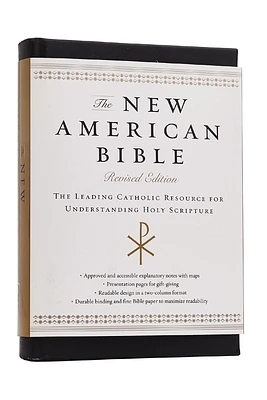Home
Changes in the Land, Revised Edition: Indians, Colonists, and the Ecology of New England
Loading Inventory...
Barnes and Noble
Changes in the Land, Revised Edition: Indians, Colonists, and the Ecology of New England
Current price: $19.00


Barnes and Noble
Changes in the Land, Revised Edition: Indians, Colonists, and the Ecology of New England
Current price: $19.00
Loading Inventory...
Size: OS
*Product Information may vary - to confirm product availability, pricing, and additional information please contact Barnes and Noble
The book that launched environmental history, William Cronon's
Changes in the Land
, now revised and updated.
Winner of the Francis Parkman Prize
In this landmark work of environmental history, William Cronon offers an original and profound explanation of the effects European colonists' sense of property and their pursuit of capitalism had upon the ecosystems of New England. Reissued here with an updated afterword by the author and a new preface by the distinguished colonialist John Demos,
, provides a brilliant inter-disciplinary interpretation of how land and people influence one another. With its chilling closing line, "The people of plenty were a people of waste," Cronon's enduring and thought-provoking book is ethno-ecological history at its best.
Changes in the Land
, now revised and updated.
Winner of the Francis Parkman Prize
In this landmark work of environmental history, William Cronon offers an original and profound explanation of the effects European colonists' sense of property and their pursuit of capitalism had upon the ecosystems of New England. Reissued here with an updated afterword by the author and a new preface by the distinguished colonialist John Demos,
, provides a brilliant inter-disciplinary interpretation of how land and people influence one another. With its chilling closing line, "The people of plenty were a people of waste," Cronon's enduring and thought-provoking book is ethno-ecological history at its best.

















